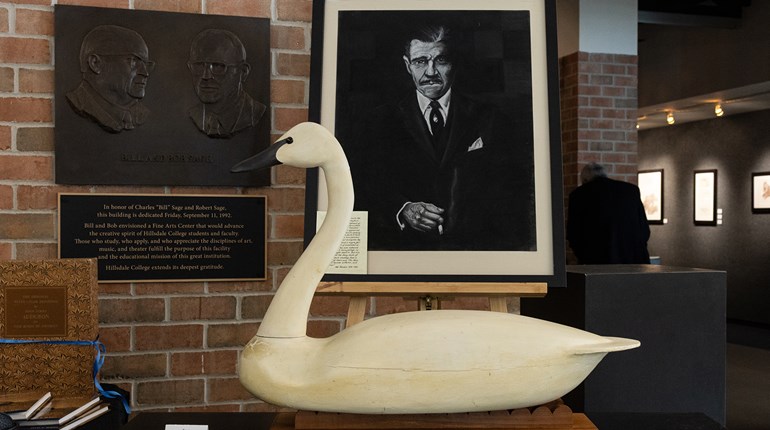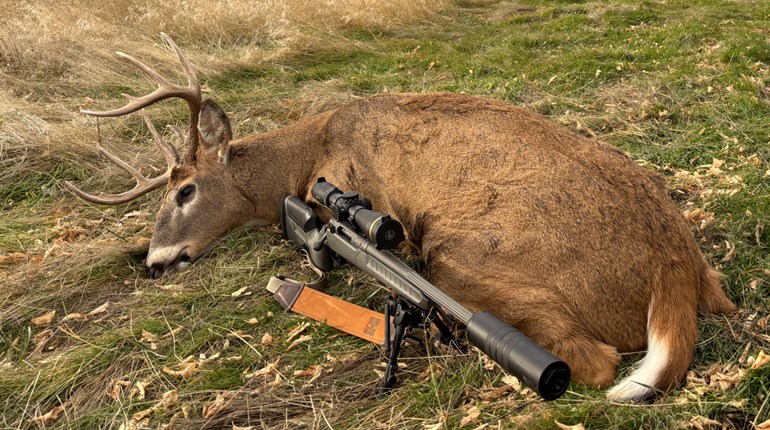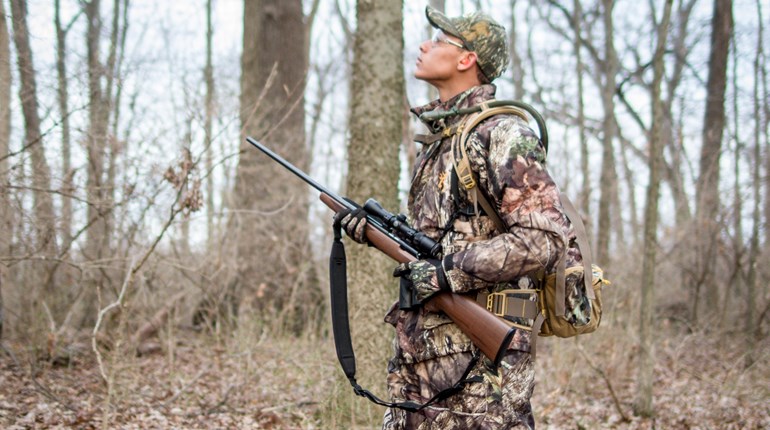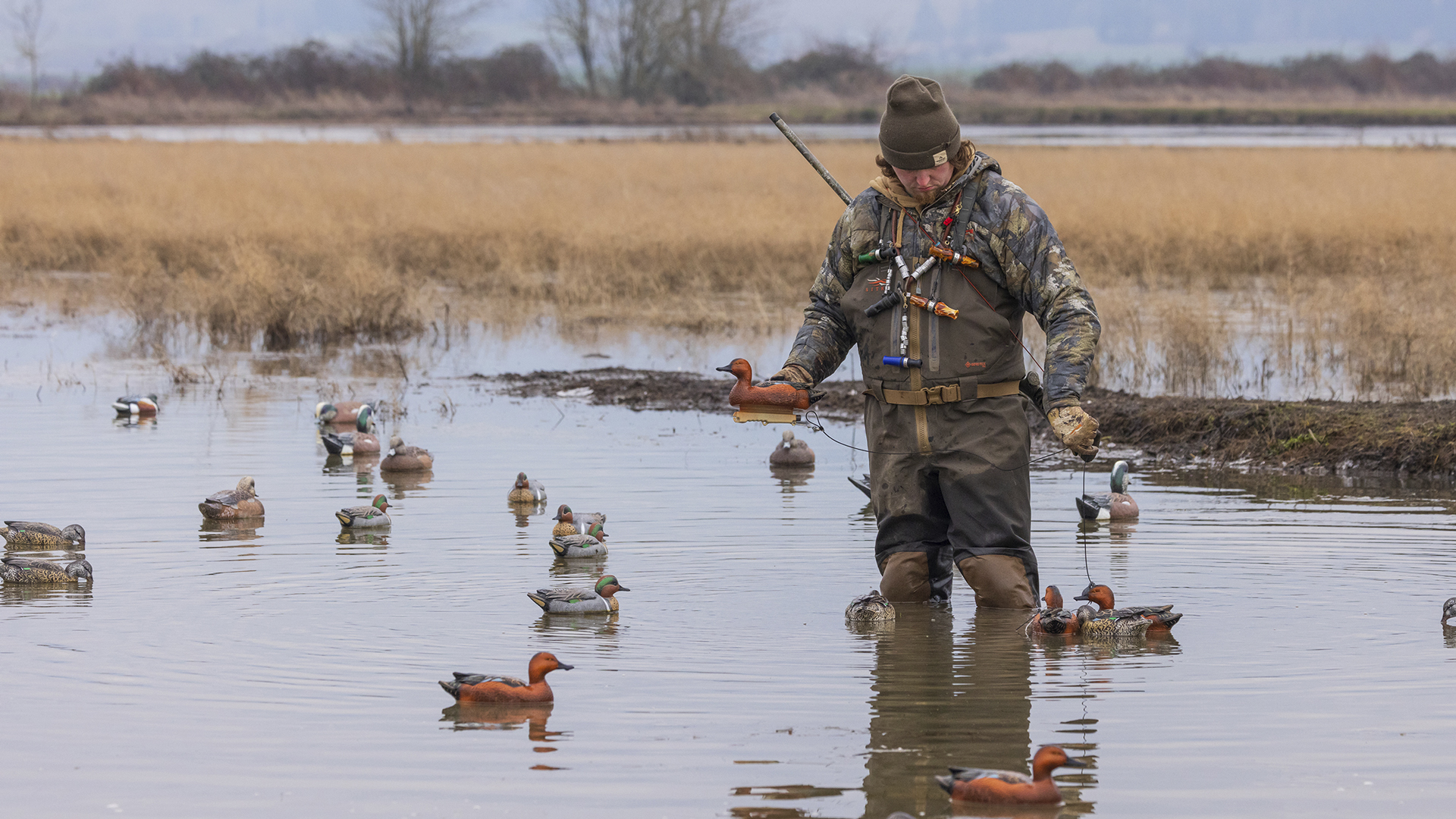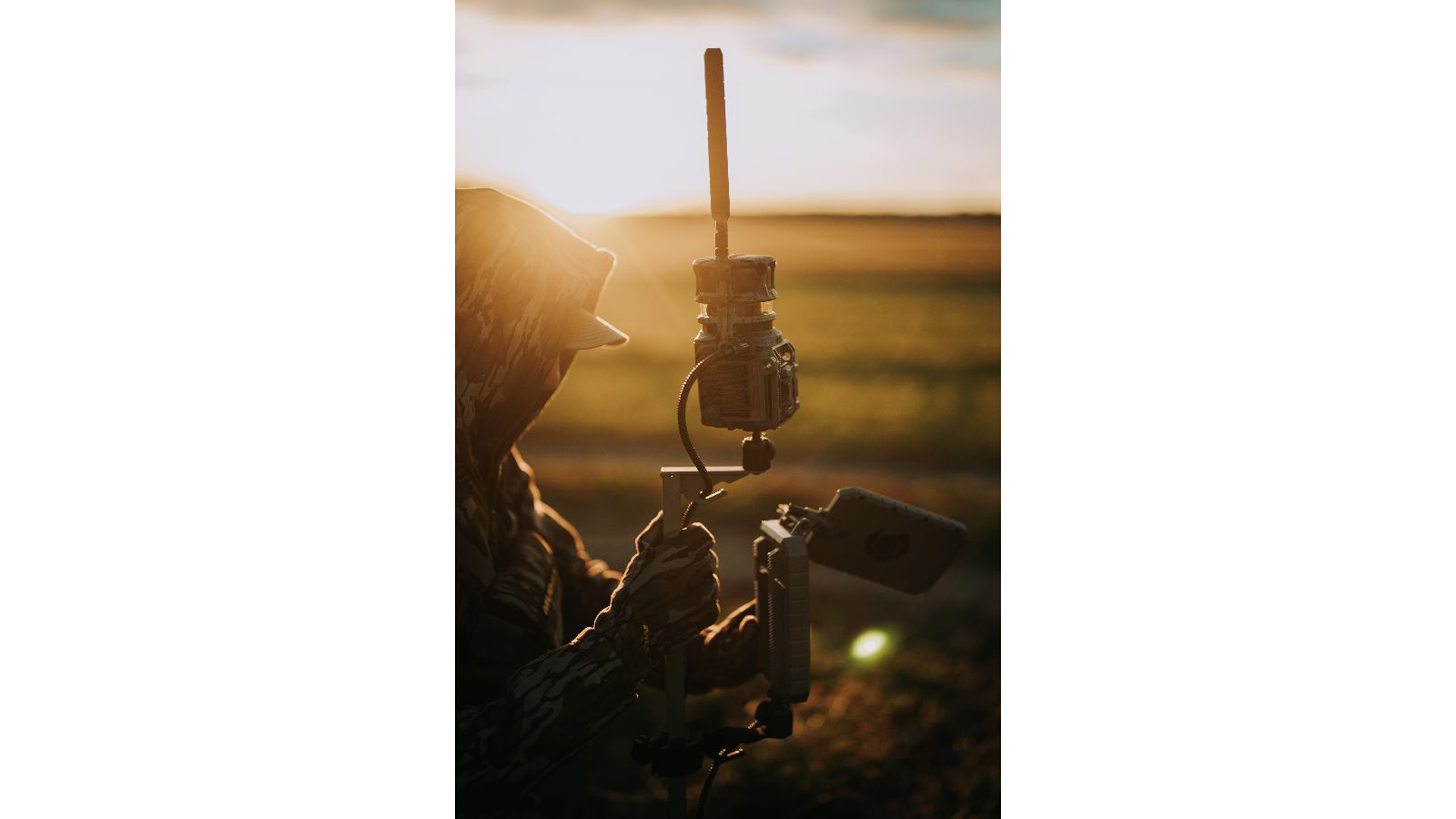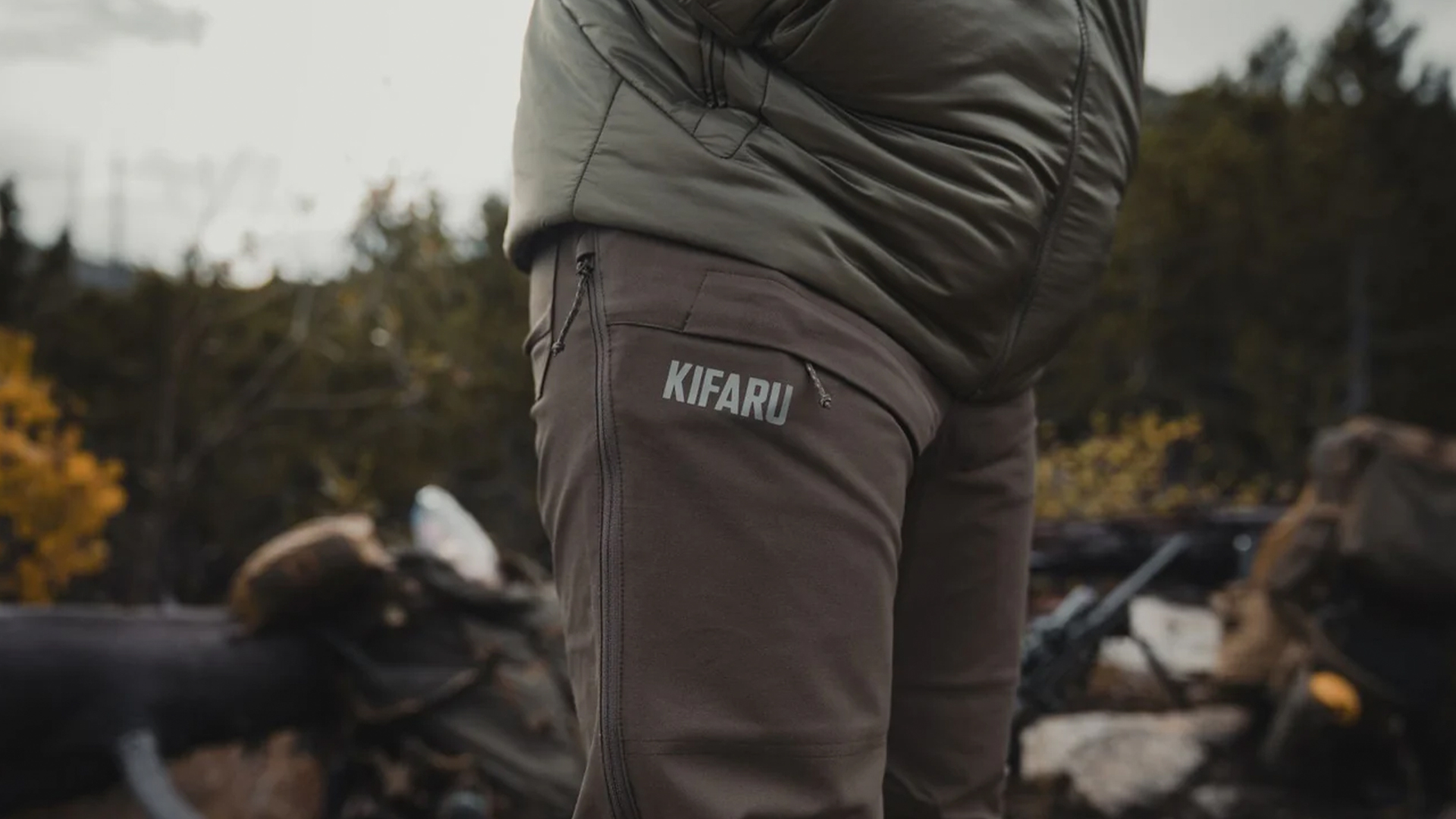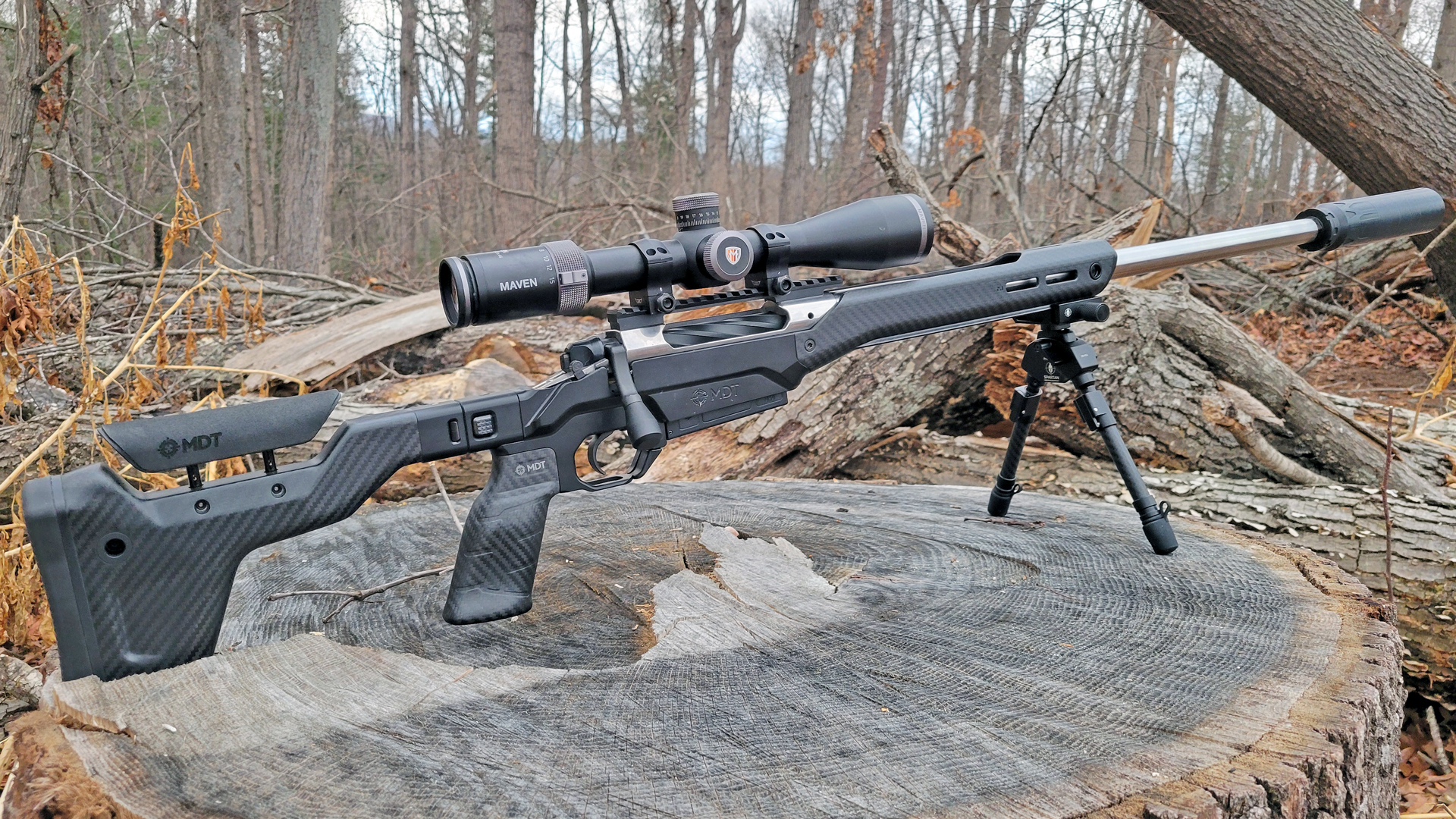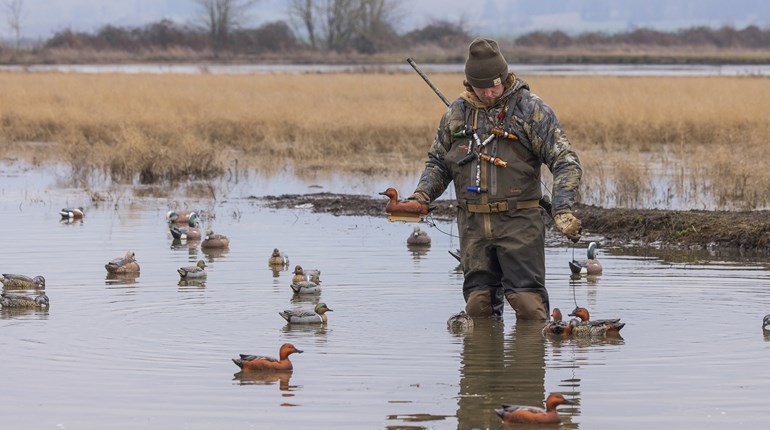Outfitted hunting trips can be a dream come true—or a total nightmare. Guided hunts are expensive, and they eat up your already limited vacation time. As such, they should be thoroughly researched before any money ever changes hands. So you ask, how do I go about doing the research? What should I ask? What can I expect?
Most newcomers to guided hunts are experienced hunting game in their local area, but want to branch out and hunt a different species or unknown area. This is the first point that needs to be made here. Just because you started stacking up the whitetails on the family farm back when Nixon was president doesn’t mean you have any idea what it is like to hunt Western elk, mule deer, Coues deer or even pronghorn. If you are smart enough to realize you might need some help, at least on your first hunt or two, and that the best way to shortcut the learning curve is by hiring a top-notch guide and outfitter, then you have just cleared one of the biggest hurdles most nonresidents encounter on traveling hunts—their own ego.
To begin with, you have to remember that there is only one person you need to please—you. Not your buddies, your spouse, your bird dog and especially not the outfitter. Just you. Thus it is imperative to select an outfitter that hunts the way you enjoy, has the kind of accommodations you are comfortable with, and has the size and type of game you are focused on. You can find outfitters that meet your needs in a number of ways. Advertisements in magazines like American Hunter are a good source. Speaking with outfitters personally at sport shows is another. One might catch your eye on one of the cable TV hunting shows or on the Internet. Recommendations from friends you trust are perhaps the best way—though even here you have to take everything they tell you with a grain of salt.
I’ve had a lot of luck over the years using booking agents that serve as a clearing house for several different outfitters. One new booking service that has been getting a lot of “buzz” lately is NRA Outdoors (888-712-NRAO; email: [email protected]), run by company president Greg Ray. “From our perspective it’s not just about choosing an outfitter, but choosing an outfitter that is right for you,” Ray said. NRA Outdoors is a relatively new partnership between the NRA and Outdoor Connection, in which NRA members can access hundreds of the finest hunting and fishing destinations worldwide.
“These destinations are all part of Outdoor Connection’s Approved Destination program, and thus have been vetted to separate the wheat from the chaff. NRA Outdoors services are 100 percent free to NRA members,” Ray said. “We are proud to say that a portion of the cost of every trip booked goes back to the NRA to help protect and defend our 2nd Amendment rights.”
Before getting started, Ray recommends that prospective clients have a serious conversation with themselves. “One of the first things a hunter has to do is evaluate his own skill set and abilities, then communicate what his or her expectations are for the trip,” Ray said. “At NRA Outdoors we take the time to ask hunters the right questions to evaluate their expectations and abilities before offering them several choices with a pre-inspected outfitter that best fits their criteria.”
Ray noted that there are several basic questions you need to have answered before making a final selection. These include things like the species you want to hunt, trophy expectations, whether you’ll hunt with a firearm or bow, and what you are realistically able to do physically. Also important is whether you and a buddy want to hunt in a two hunters/one guide situation, or hunt alone with a guide. There are times when paired hunts work out fine, but other times when they do not.
One of the great fallacies is that by booking an outfitted hunt you will get your game every time and it always be a big one. Never forget that there are no guarantees of success in fair-chase hunting. If an outfitter runs 75 percent on deer, for example, you just might be part of the 25 percent that doesn’t tag out that year. Thus, the first thing you should do is answer two of the most basic of questions—if I do not get one after spending some money, will I be crushed and feel like I got burned? And, if I need to just “shoot something” to feel like I got my money’s worth, am I willing to settle for a lesser trophy, or am I willing to go home empty-handed if I do not see one that is “big enough?”
Also very important is your budget. “Everyone wants the most bang for their buck and a good deal,” Ray said. “If you find a hunt that is deeply discounted or less expensive than other outfitters for a specific area, you must find out why. It could be for a very legitimate reason, such as a cancellation or they simply just didn’t fill a prime date. On the flip side there could be reasons such as a non-prime date or the outfitter has not done a good job in the past few seasons and he does not have repeat business coming in.”
When thinking budget, remember that there will be costs above and beyond the base price of the guided hunt itself. Nonresident licenses and tags are expensive, as are airline tickets if you fly and gas money if you drive. The price of poker really goes up in Alaska and Canada if you need to fly in on small bush flights, which are not only very expensive but also severely limit the amount of gear you bring. For example, a commercial bush flight I took in 2011from Fairbanks, Alaska to the Brooks Range charged passengers 88 cents a pound for baggage weight (including carry-ons) in excess of 40 pounds. Add to that a hotel room or two on each end of the trip, tips for guides, incidental expenses, the shipping of trophies and/or meat out of the bush and then home, and it can all add up quickly. These are all questions a prospective outfitter and/or booking agent should be able to answer prior to booking.
Another important question for me these days is whether or not the hunt will be conducted on public or private land. Each has its plusses and minuses, depending on the circumstances. For example, if you are packing deep into a public land wilderness area out West for elk the chances of encountering others is small. However, some public land areas can be inundated with other hunters, something that can be true even in the Far North, where places to land an airplane or tie up a boat are limited. For example, I have seen more hunters in a confined area on a fly-out, drop-off caribou hunt in Alaska that was within a couple hours of flying time from the Anchorage bowl than on many public land elk hunts in the Rockies. Conversely, behind the gates on private land you should never be surprised by other hunters or be pursuing game that has been hunted literally to death.
Outfitted big game hunts can be the cat’s meow, but now and again they can turn into the south side of a northbound horse. The best way to tip the odds in your favor and keep things from becoming a game of chance is to do some meticulous research and get all your questions answered before any money changes hands.












